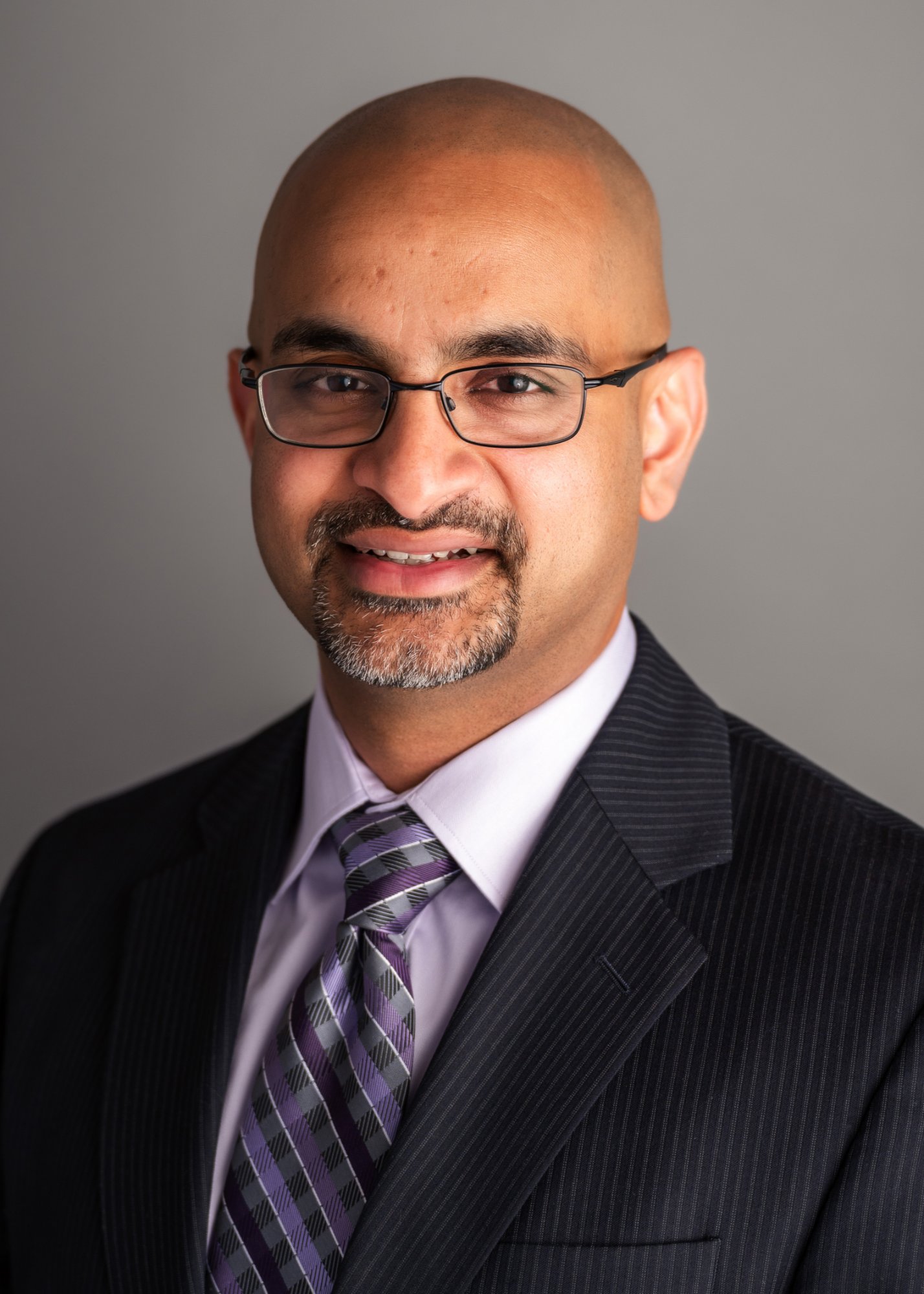How tele-nephrology is saving lives in rural hospitals
Telemedicine isn’t new. Back in 1967, Massachusetts General Hospital used a two-way TV link to connect with Boston Logan Airport and evaluate patients remotely. Since the early 2000s, telemedicine has become an essential tool in critical care and neurology, expanding specialty services into smaller hospitals.
Yet nephrology — despite being equally critical — has lagged behind.
‘You can’t do dialysis here’
That’s the response I once received when we introduced the idea of delivering nephrology care remotely. It’s not an uncommon reaction. Many rural clinicians and executives understandably worry that their patients are too sick or that they don’t have the staff, training, or infrastructure to support kidney care.
But these barriers, while once valid, no longer hold. With the right systems and clinical support, nephrology via telemedicine isn’t just possible — it’s working.
A life saved without a transfer
Late one evening, a rural emergency department more than two hours from the nearest tertiary center called about a 65-year-old man in kidney failure with dangerously high potassium levels. He had collapsed at home. The local team stabilized him, and using a telemedicine platform we were able to assess the situation in real-time, collaborate on a treatment plan, and activate remote dialysis support.
Within three hours, the patient was in the ICU and on dialysis. By morning, he was awake. By day two, he was talking. He wasn’t happy about needing ongoing dialysis, but he was alive — and treated in his own community.
The old way: Delay, cost, and risk
Before telemedicine options existed, outcomes looked very different.
At a rural hospital where I previously worked, we had more than 40 dialysis patients but no dialysis unit. When one of them came in with a crisis, we’d scramble to find a tertiary center willing to take them. It often took multiple calls, coordination across systems, and either a long drive or air transport if the weather allowed.
The patient would be re-evaluated, stabilized, and finally treated, often 12 to 16 hours and tens of thousands of dollars later.
Why not us?
We live in a world of constant innovation — self-driving cars, smartphones, global collaboration. Yet in rural America, we still hear: “You can’t do dialysis here.”
The truth is yes, you can.
What’s been missing isn’t technology or talent. It’s leadership. Rural health systems need partners willing to challenge outdated models and take smart, calculated risks to bring specialty care to where it’s needed most.
What tele-nephrology can offer
For hospitals, integrating nephrology via telemedicine can mean:
- Fewer risky transfers
- Faster stabilization of acutely ill patients
- Lower total costs of care
- Improved outcomes and satisfaction for both patients and providers
And most importantly, it means keeping care local whenever possible.
The path forward
Delivering specialty care in rural settings is not easy — but it is possible. Nephrology, once thought out of reach for small hospitals, is now being delivered successfully in communities that never imagined having such access.
With the right infrastructure and leadership, rural hospitals can and should provide high-quality nephrology care.
NRHA adapted the above piece from Renasolve, a trusted NRHA partner, for publication within the Association’s Rural Health Voices blog.
 | About the author: Dr. Jimmy A. Thomas is the chief medical officer at Renasolve Inc. and a board-certified nephrologist with over a decade of clinical experience. He is dedicated to improving kidney care for underserved communities through technology, data-driven solutions, and patient-centered innovation. A recognized leader in health equity and digital transformation, Dr. Thomas also mentors early-career physicians and shapes national conversations on sustainable care models. |
